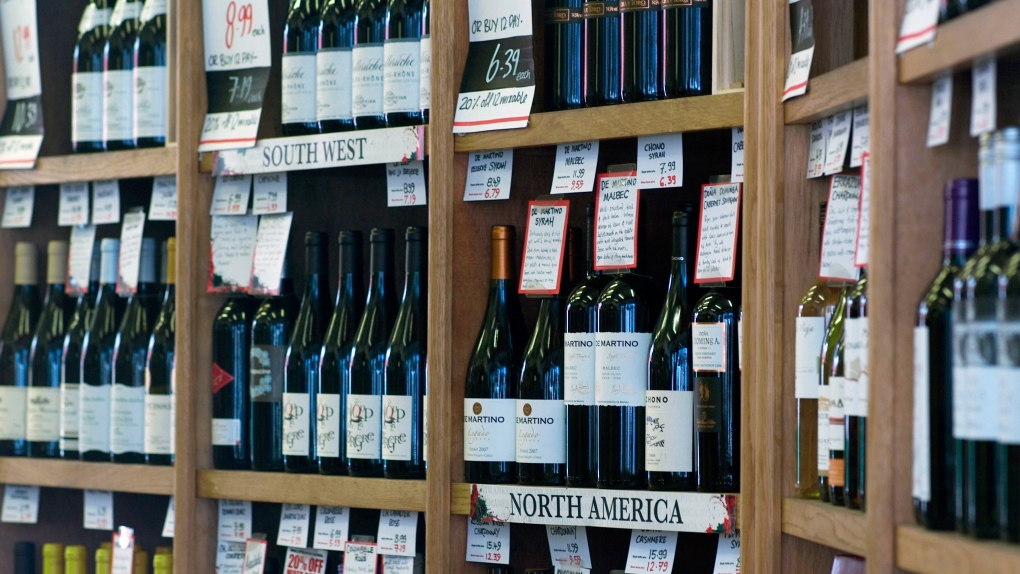A new study conducted by the University of Cambridge suggests an increase of non-alcoholic drinks on sale online may reduce the amount of alcohol people buy.
Researchers studied 737 regular alcohol buyers in England and Wales using a simulated online supermarket. Of these, over 600 completed the study.
“We created our simulated supermarket to be as close as possible to an actual online supermarket and found that increasing the proportion of non-alcoholic drinks that shoppers were exposed to made a meaningful difference to their alcohol selection,” the study’s lead author Natasha Clarke said. “Though we’d need to confirm these findings using only a real online supermarket, they are very promising.”
Participants were split into three groups and given 64 options to choose from including a range of beers, ciders, alcohol-free beer, cider alternatives and soft drinks.
Each group was presented with a different proportion of alcoholic and non-alcoholic drinks.
The first group was given a selection of drinks, of which 25 per cent were non-alcoholic. For the second group, that proportion increased to 50 per cent, and for the third group, 75 per cent.
Researchers found the third group—where participants were shown the highest proportion of non-alcoholic drinks—chose alcoholic drinks 52 per cent of the time. Meanwhile, in the first group, 70 per cent of the drinks that were chosen were alcoholic beverages.
“Supermarkets typically stock a wider range of alcoholic drinks than non-alcoholic alternatives aimed at adults, but this is slowly changing,” the study’s senior author Gareth Hollands said. “Our results suggest that if non-alcoholic options were to become the majority instead, we might expect to see substantial reductions in alcohol purchasing.”
Researchers warn people that excessive alcohol consumption is a major risk for a number of diseases, including cancer, heart disease and stroke.
“We all know that drinking too much alcohol is bad for us, but we’re often unaware of how much we are influenced by the environment around us.” Dame Theresa Marteau, director of the Behaviour and Health Research Unit at the University of Cambridge said.
“Making changes to this environment – from exposing people to a greater proportion of healthier options through to changing the sizes of the utensils we eat and drink from – can help us cut down on potentially unhealthy habits. Even relatively small changes can make a difference both to individuals and at a population level.”
Reporting for this story was paid for through The Afghan Journalists in Residence Project funded by Meta.






































